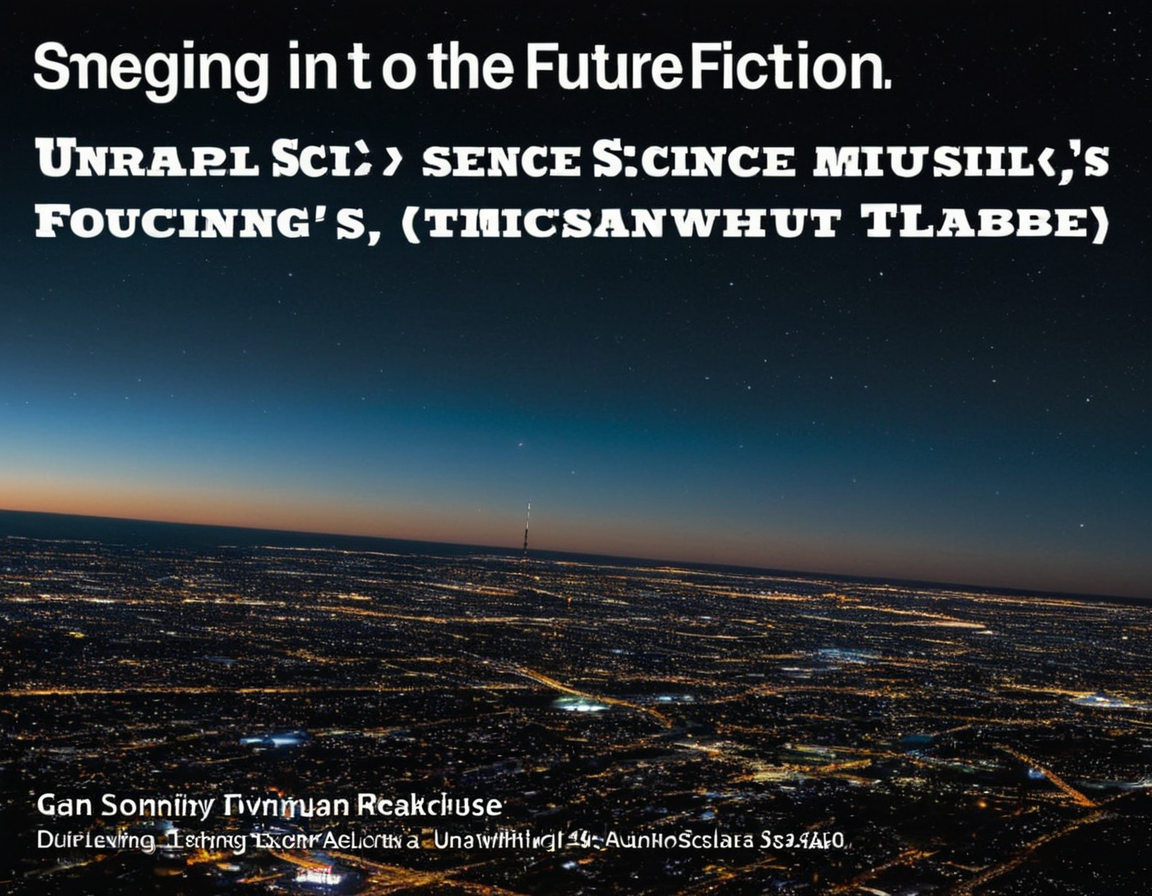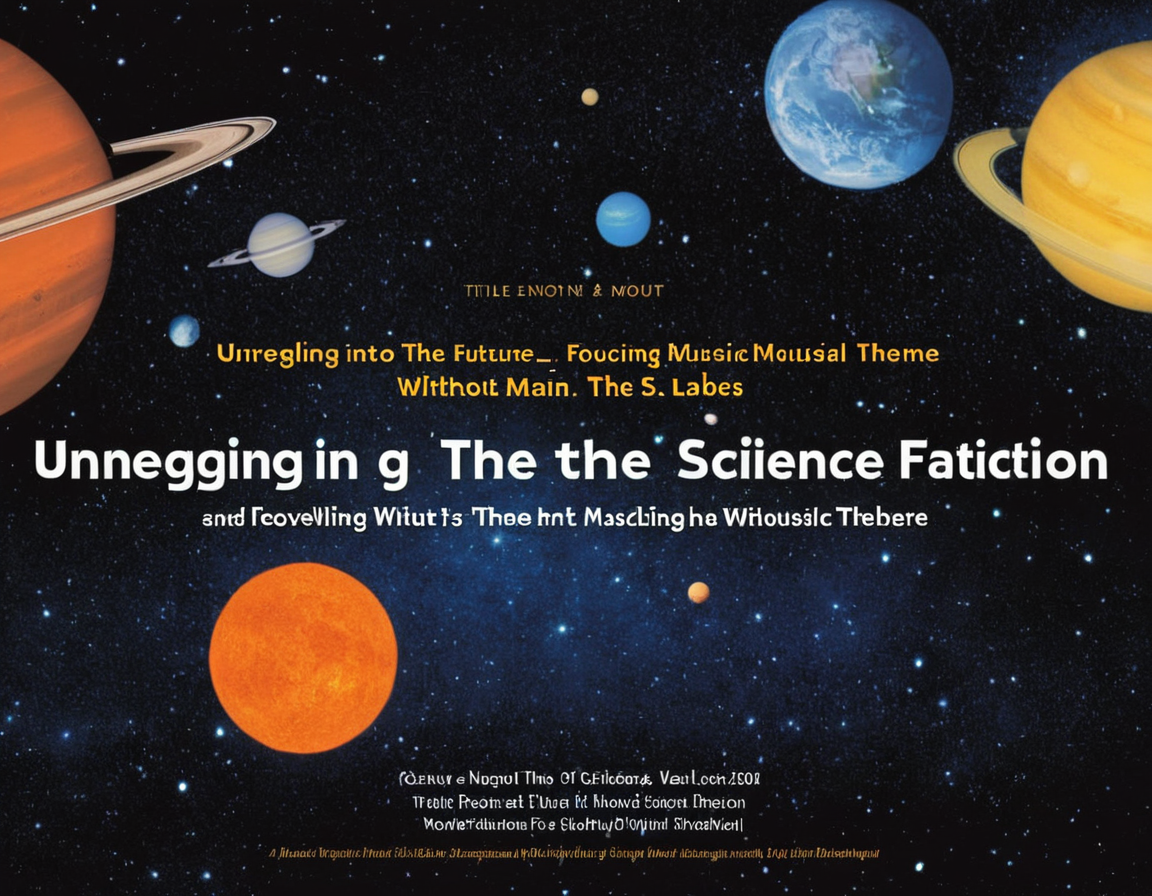: Smegging into the Future: Unraveling Science Fiction’s Musical

In recent years, science fiction has made significant strides in incorporating music as a crucial element within its stories. From the iconic sounds of John Williams’ Star Wars score to the eerie tones of Vangelis’ Blade Runner soundtrack, music plays an integral role in crafting the mood and atmosphere for these timeless tales. Let us dive deeper into this fascinating aspect of sci-fi by exploring how it has evolved over time and its impact on the genre as a whole.
The Beginning: Classic Sci-Fi Films’ Emphasis on Sound Effects
Science fiction films in their infancy primarily focused on creating an immersive experience through groundbreaking visual effects and unique soundscapes that transported audiences to unimaginable landscapes and realms beyond human imagination. Movies such as Forbidden Planet (1956) introduced innovative sound design techniques, laying the foundation for how music would be integrated into future sci-fi productions.
Emergence of Synth-heavy Scores in Cyberpunk Era
As we ventured deeper into the cyberpunk era of science fiction during the late ’70s and early ’80s, electronic synthesizer-based music took center stage. With iconic movies like Blade Runner (1982) and The Terminator (1984), this genre emphasized mood over melody to create atmospheres of uncertainty and tension that matched the dystopian settings portrayed on screen.
Integration with Modern Sci-Fi Television Shows
In recent years, television has become a prominent platform for high-quality science fiction storytelling, with shows like Stranger Things (2016-) seamlessly blending elements of horror and nostalgia while weaving an intricate narrative. The show’s score by Kyle Dixon and Michael Stein pays homage to classic 80s sci-fi films but also brings a fresh sound that sets it apart, contributing significantly to the overall atmosphere.
The Impact of Sci-Fi Music on Other Genres
Science fiction has not only influenced its contemporaries within the film and television industry; it has extended its impact into other genres as well. The popularity and success of sci-fi inspired music have led many artists to incorporate these themes into their compositions, blurring genre lines and creating a unique fusion that captures both nostalgia for classic science fiction while embracing modern sounds.
In conclusion, the role of music in science fiction has evolved significantly since its early days. From pioneering sound effects techniques to embracing electronic synthesizers during the cyberpunk era and now seamlessly integrating with modern television series, sci-fi’s influence on musical composition cannot be underestimated. As we continue to explore new worlds through storytelling, it will undoubtedly remain at the forefront of pushing artistic boundaries and creating unforgettable experiences that truly smeg us into the future.

SEO Keywords: science fiction music, sci-fi soundtrack, Forbidden Planet, Blade Runner, The Terminator, Stranger Things, Kyle Dixon, Michael Stein
